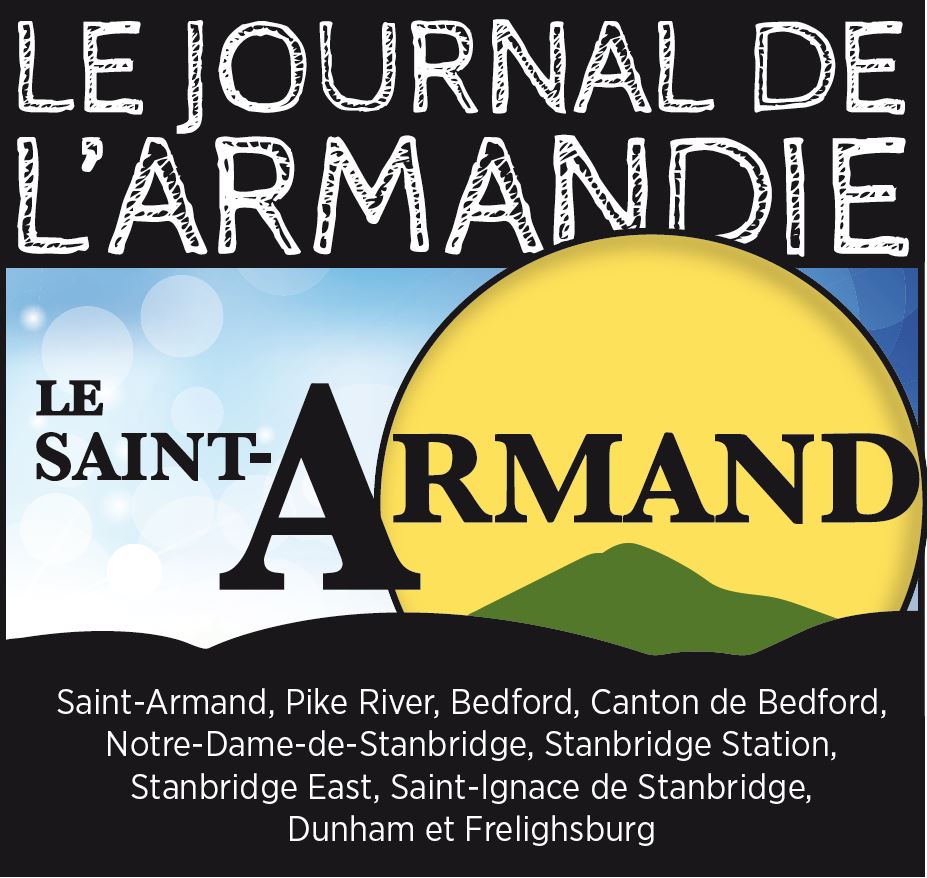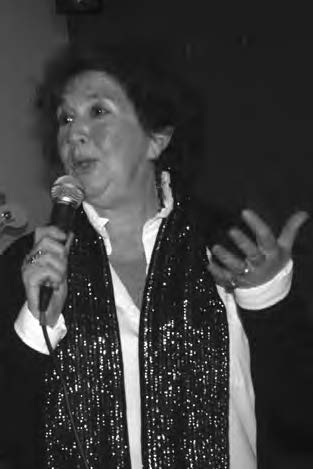Gissa Israel : “When I write, it’s all consuming.” (photo : Rosemary Wills Sullivan)
Artists interviewing artists is somehow quite fitting when what is being sought is an inner and honest view on what it is to be engaged in an ongoing creative process. The life of the artist is too often romanticized or idealized as a life of continual joy and fulfillment. These are certainly and thankfully a great part of such lives, but, if lucky enough to exchange honestly with any long time practitioner, what one will also find is that there is as much struggle and uncertainty as there is revelation, discovery and reward. Although many start on the path, many also step back or turn away, for it is truly a road filled with unknowns – with losses and gains. As John Cage once said, it is not talent or success that is the basis of the artist’s way, but devotion to one’s chosen art -like a marriage between oneself and oneself, & where to abandon this self is to die.
I chose to interview and write about Gissa Israel, from Dunham, because of the fact that, after and through much living, her devotion to her art is unwavering and her creative engagement strong. Inspired by the theatre as a young student, she allowed herself to be drawn in, writing plays and performing in whatever ways possible right from the start. In spite, or rather, because of the various and sometimes seemingly distracting aspects and demands of life’s many possibilities and roles (wife, mother, teacher, professional therapist), she always held a place in her heart and creative soul for theatre. Because of her passionate and skillful engagement as therapist – where life’s central and commonly shared issues kept surfacing – and because, as she said, “I have three central interests in life : the therapeutic, the spiritual and the theatre” – she was/is able to infuse her playwriting with an authentic sense of the human condition. “I see the world through and from the inner and outer – as a psychological construct.” She views our shared humanity and the questions, struggles and insights gained as rich ground for a deeper sense of relationship and relatedness. As we are often reminded, to live life fully is an art, and any art that communicates and endures is art that is sourced in and informed by life.
V. What are the themes/issues you are drawn to ? What keeps coming up ?
G. the last three of my solo works (‘Ma, Where Are You ?’, ‘Girl, That’s What I Call Myself These Days’ and ‘Treadmill’), as well as in ‘Three Old Bags’(a play co-written with Mary Harvey), I wanted to find a way to address and express some pretty basic, loaded and powerful stuff – things that I think most of us are up against sooner or later : the mother, aging and death. My work is about relationships, family dynamics (economic, social, emotional), and issues that I myself particularly identify with. “In my way, I’m political. I regard the personal as political, and the more personal it is, the more universal. They go together.”
Because of the responsibility she assumed in her profession as therapist and teacher, and the insights gained throughout this period – she has been able, with great empathy and truth, to touch upon and transform the essential and most basic elements of human experience into theatre.
And while Gissa is unflinching in the subjects and issues she deals with, she has found that, when presented with humour, her audiences can not only see themselves in these stories and the characters portrayed, but are able to laugh in this shared identification with what Zorba the Greek referred to as “the full catastrophy”. There is much heart in what Gissa writes, and it is with passion and discipline that she does so. “Writing is an essential aspect of my creative identity. I’m kind of a binge artist in that when I write, it’s all consuming.” She describes the creative act as alchemical – as affecting one’s ability to participate in the everyday.
Anyone who has attended one of her many performances and experienced her work first hand will tell you how immediate and natural she is inside the characters (all of whom she plays herself), and how familiar is her material. She is a grounded performer, both in body and expression. She is playful, while at the same time, so very relevant and uncompromising in the way she is able to dive right inside of the mind and heart of the woman or man she is portraying.
Most actors take on roles and scripts created by others. But in Gissa’s case, she is both performer and creator. This is not only because of the huge satisfaction and sense of engagement resulting from participating from origination to presentation, but also because, as she states, “How can a mature performing artist be actively engaged or have enough opportunities to embody and perform meaningful roles unless she creates them herself ?”
Passion in whatever she attends to is central. If it’s there, she listens and responds. If not, she waits and, though oftentimes accompanied with doubt, has come to trust in the waiting. Gissa is now in what she calls “a gap” – a challenging, transitional time that she understands she cannot control. However, she also understands, from many years of parallel cycles, that the waiting is profoundly essential to whatever creation/creative state is to come.
Based on how Gissa has always found a way to bring in whatever issues and concerns she herself was living, it is most probable that the work that emerges from this present period will be one that is true to the nature of this very experience.






